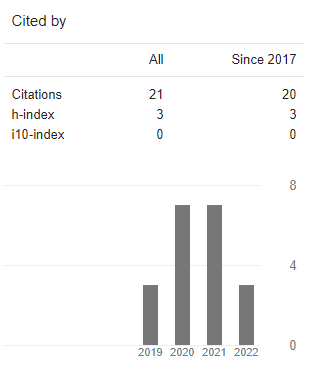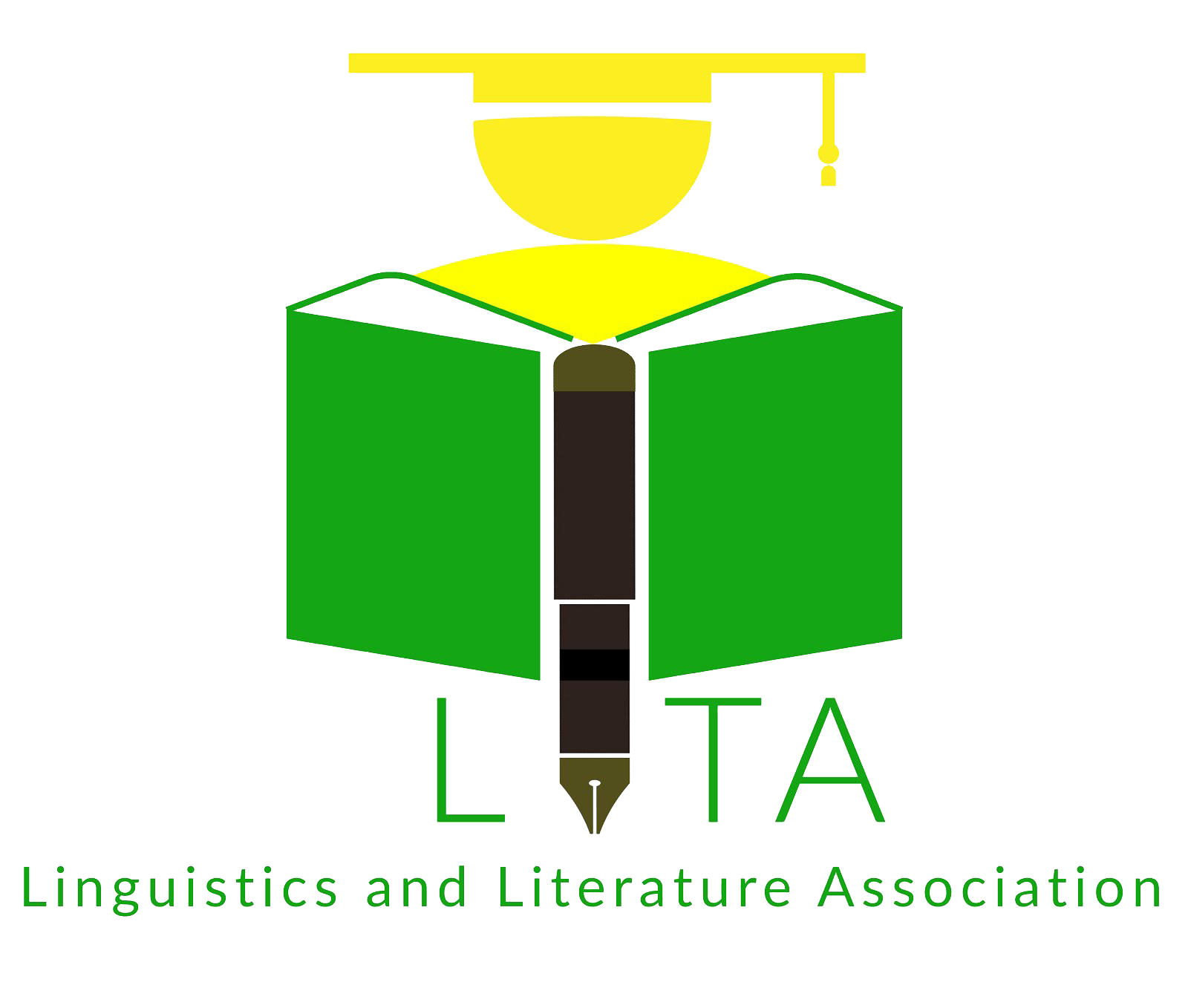Hidden Political Agenda in Edward Albee’s The Goat, or Who is Sylvia?
DOI:
https://doi.org/10.21776/ub.alphabet.2019.02.01.04Keywords:
minority, equality, zoophile, queer politics, The Goat, or who is Sylvia?Abstract
A case of zoophile, a sexual attraction toward animals, is considered rare to be talked within the scope of the queer theory. The wrong prejudices and discrimination received by zoophile also create a step backwards in getting acceptance from society compared to other sexual deviant orientation. As the issue keeps going, Edward Albee seizes his chance to shake the society’s mindset in reconsidering the deeds of zoophile through a drama entitled The Goat, or Who is Sylvia?. He creates a character named Martin, who lives as a zoophile differently from the preconceived notion of society raising a political interest to see a zoophile as a part of the society. This research attempts to investigate the political purposes behind the normalization of queerness in Martin’s character to reject intolerance and discrimination in society. The findings indicate that a political interest does exist from the presentation of Martin, which exhibits that a zoophile might have the same normal life as other people mostly do. This case of zoophile serves as an example of a minority case usually exposed to intolerance and discrimination. This research strongly argues that Albee tries to challenge the general perspective towards minority group in America, which sees them as aliens or a source of the plague. They can be anyone with a “normal†life; thus, they deserve equal treatment and not always to be considered as the others.References
Allport, Gordon W. (1991). The nature of preju-dice. New York: Addison-Wesley Publish-ing Company Inc.
Drukman, S. & Diby, S. (2002). Interview mag-azine: new again: Edward Albee. Retrieved on 12 March 2014 from http://www.interviewmagazine.com/culture/new-again-edward-albee/#_
Harris, K. D. (2005). Queer theory: definition and literary example (eng 101, fall 2005). Re-trieved on 12 March 2014 from http://www. sjsu.edu/faculty/harris/Eng101_QueerDef .pdf
Jagose, A. (2005). Introduction of queer theory. New York: New York University Press.
Kammen, M. (1980). People of paradox: an in-quiry concerning the origins of American civiliza-tion. New York: Oxford University Press.
Klarer, M. (1999). An introduction to literary studies. Retrieved from http://site.ebrary.com /id/10164467
Selden, R., Widdowson, P., and Brooker, P. (2005). A reader’s guide to contemporary liter-ary theory (5th ed). Harlow, England ; New York: Pearson Longman.
Robert Wood Johnson Foundation. (2018). Discrimination in America: final summary. Massachusetts: Harvard T.H. chan School of Public Health.
Rose, C. (2002). The Goat, or who is Sylvia? [Video file]. Retrieved from https://charlierose .com/videos/21352
Rosenberd, J. & Wilcox, W. B. (2006). The importance of fathers in the healthy development of a children. United States of America: U.S. Department of Health and Human Ser-vices Administration for Children and Families Administration on Children, Youth and Families Children’s Bureau Of-fice on Child Abuse and Neglect.
Tikkanen, A. (2019). Edward Albee: Ameri-can author. Encyclopaedia Britannica. Re-trieved from https://www.britannica.com/ biog-raphy/Edward-Albee
Tischler, H. L. (2007). Introduction to sociology – 10th edition. United States of America: Wadsworth Cengage Learning
Veid-Menon, A. (2012). My little (homo) nation-alist pony: a critique of zoophilia. Retrieved on 27 February 2014 from https://feminist. stanford.edu/sites/default/files/Vaid-Menon% 20Essay%20My%20Little%20Homonation- nalist%20Pony-Alok.pdf
Walter, E. (ed.). (2008). Cambridge advanced learner’s dictionary – 3rd edition. United King-dom: Cambridge University Press.
Warner, M. (ed.). (1993). A fear of queer planet: queer politic and social theory. London: Uni-versity Minnesota Press.




















